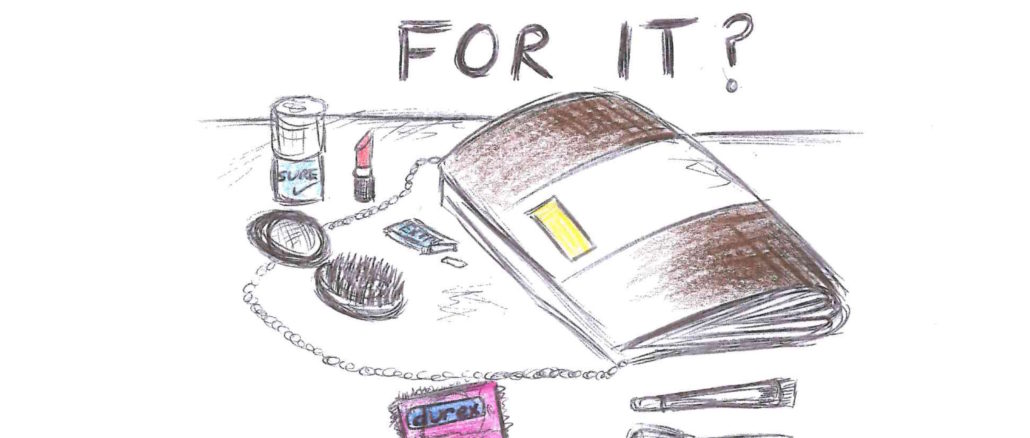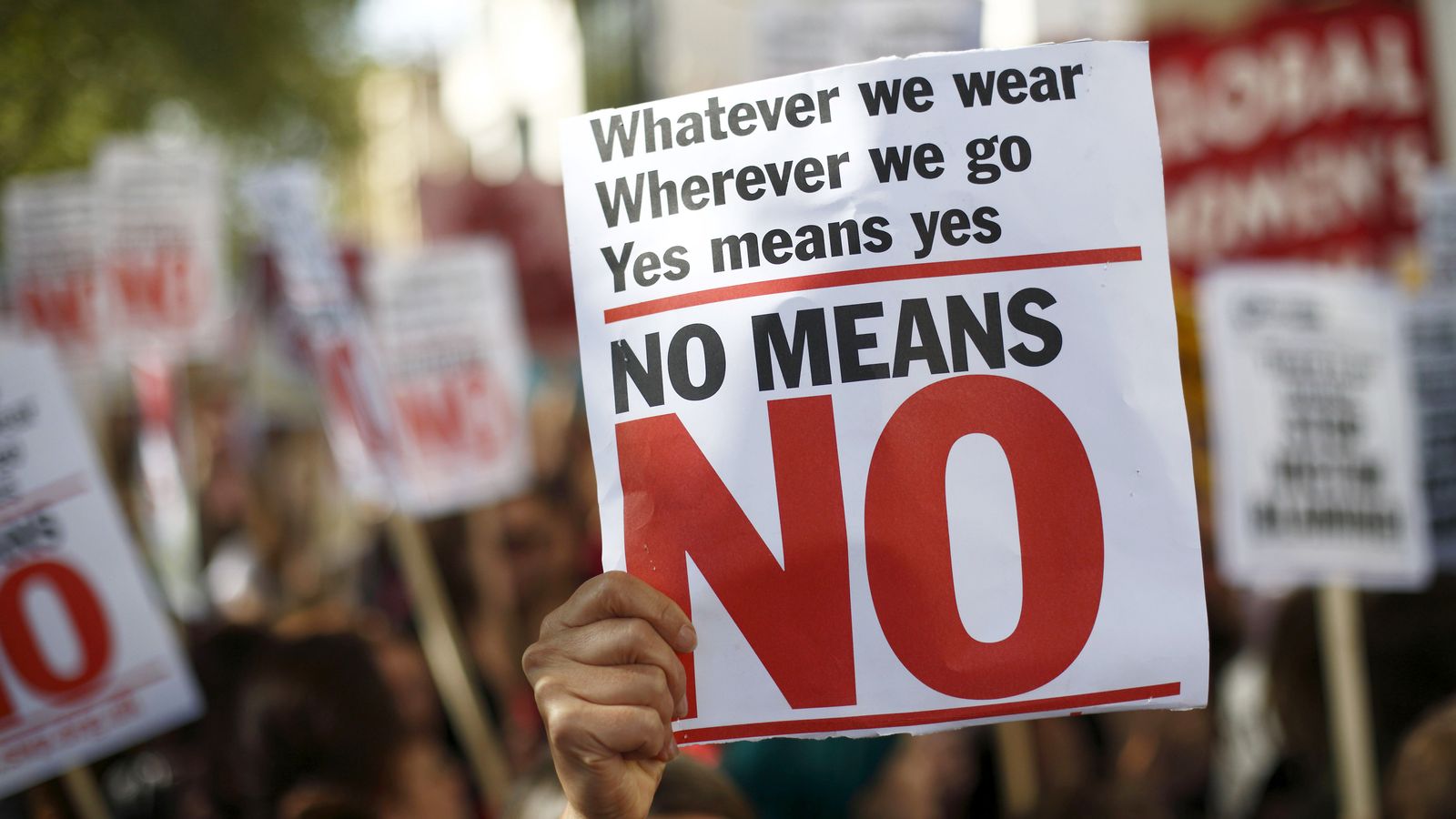
[dropcap]Consent[/dropcap]. A word that’s meaning seems to only have been clarified in the past few months.
Its meaning? To agree, permit or approve a course of action. In terms of sexual behaviour, consent means that both parties are in agreement of what is happening or what is going to happen.
In order to determine if someone is giving consent to an action, one must be able to answer the following two questions; does the person want to give consent and is the person capable of giving consent?
Earlier this month, Irish author and feminist Louise O’Neill hosted a documentary on RTÉ 2 called ‘Asking for it: Reality bites’. The documentary delves into the issue of rape culture in Ireland and discusses the importance of understanding consent.
The documentary follows O’Neill’s novel ‘Asking for it’ which was released last year. The book explores the life of a young Irish girl whose parents found her lying like a ‘plastic bag’ of rubbish at the front door after attending a party the night before. It additionally details the traumatic story that follows it.
The chilling story highlights an issue so prominent in Irish society and since its release, has caused a significantly large amount of awareness about rape culture and consent in Ireland. Other issues raised in the novel include slut-shaming and the double standards that are often evident in cases of sexual assault.
Video by Ciara Moran
Consent needs to be spoken about, discussed and taught on an enormous level. As discussed in the documentary, just because you know the person, does not mean that it was not rape. If you did not say yes, it should not have happened – simple.
Sexual consent needs not to be considered a grey area in society. Once upon a time, abortion was an extremely controversial issue that people just did not discuss. Now look at us, many years later, walking the streets of Dublin in a pro-choice march to repeal the Eighth Amendment.
As society evolves, the issues that affect people do too. The need for people, especially those in the younger generations, to understand what the word consent means and practice it in terms of sexual behaviour is a vital step in educating Irish teenagers and young adults.
Some colleges and universities across Ireland are taking action by holding consent classes for students. Trinity College Dublin (TCD) have already taken initiative by introducing compulsory sexual consent courses for first years who began studying this September.
All of these steps are absolutely vital in the movement towards clarifying what consent it, instilling it into the mind set of the youth of Ireland, and practicing safe and consensual sex.
We simply cannot let issues as important as the understanding of sexual consent slide.
The wrong doing of previous sexual offences cannot be undone or forgotten by the victim, but the ability to stop, prevent and reduce the amount of sexual offences that occur as a result of lack of education in terms of ‘consent’ can, most certainly, be done.
Shirley Donlon
Illustration by Zoe Ryan




Leave a Reply